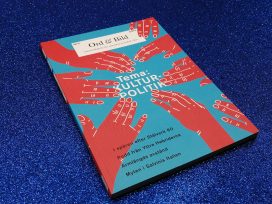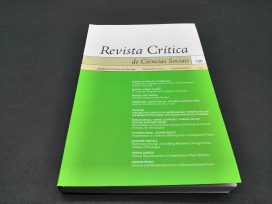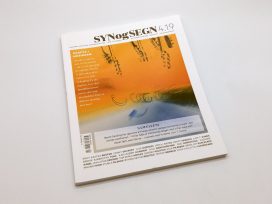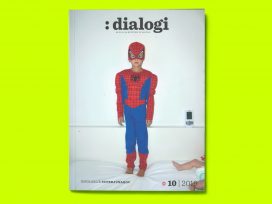Revista Critíca looks at imprisonment from the position of the incarcerated. How do inmates in different countries and prison systems ‘articulate themselves, in the widest sense of the word – expressively, corporeally, physically and relationally – in conditions of social death?’
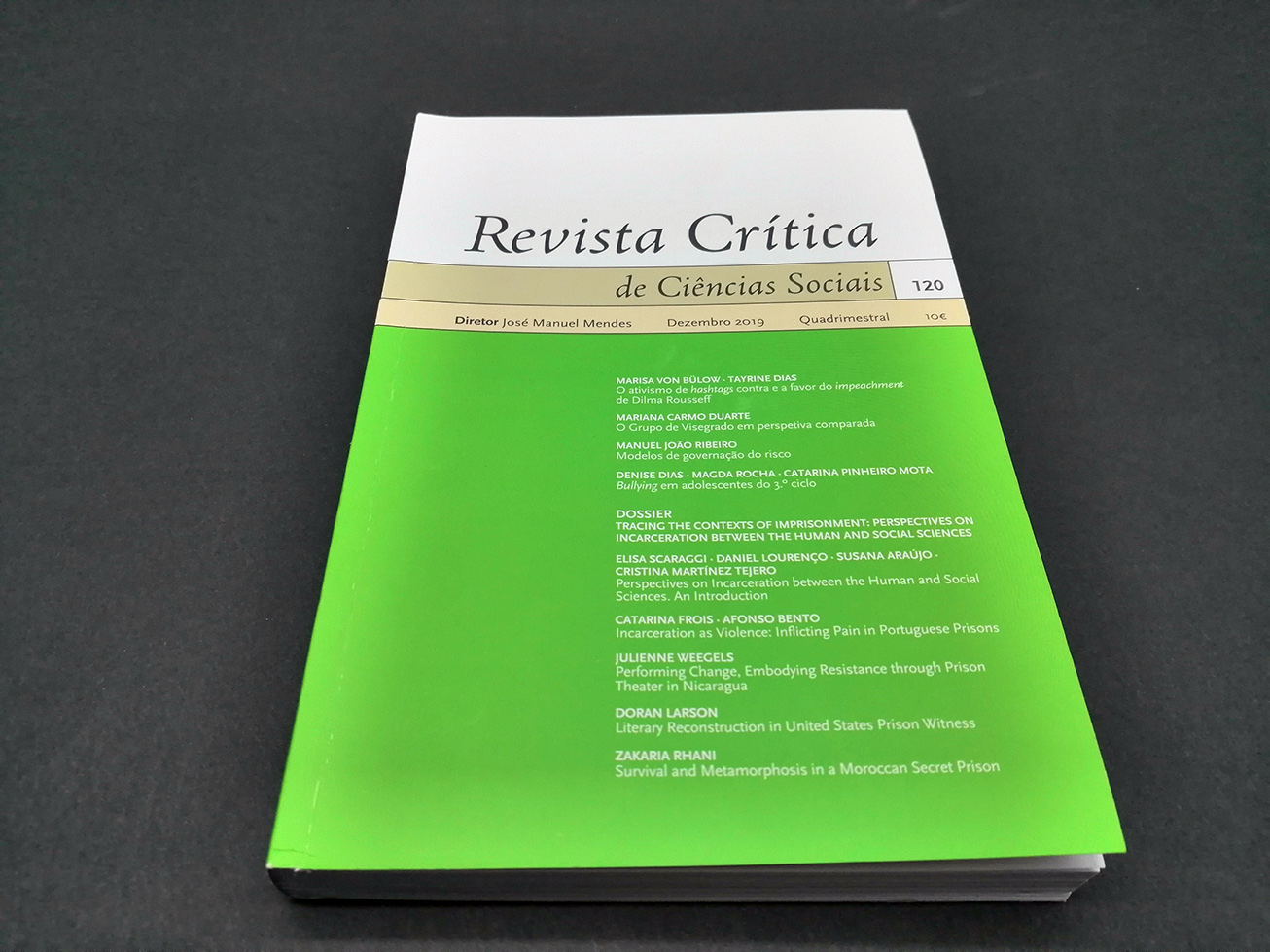
Violence
The political debate on lawful conditions for prisoners often overlooks that incarceration is itself ‘a form of violence’, write Catarina Frois and Alfonso Bento in their article on the Portuguese system. While the reintegration of offenders persists as an abstract ideal, in practice ‘inmates are simultaneously agents and targets of violence, both before and during imprisonment’. Only by taking this ‘continuum’ into account can inmates’ ‘strategies for adapting, resisting or conforming’ to incarceration be interpreted.
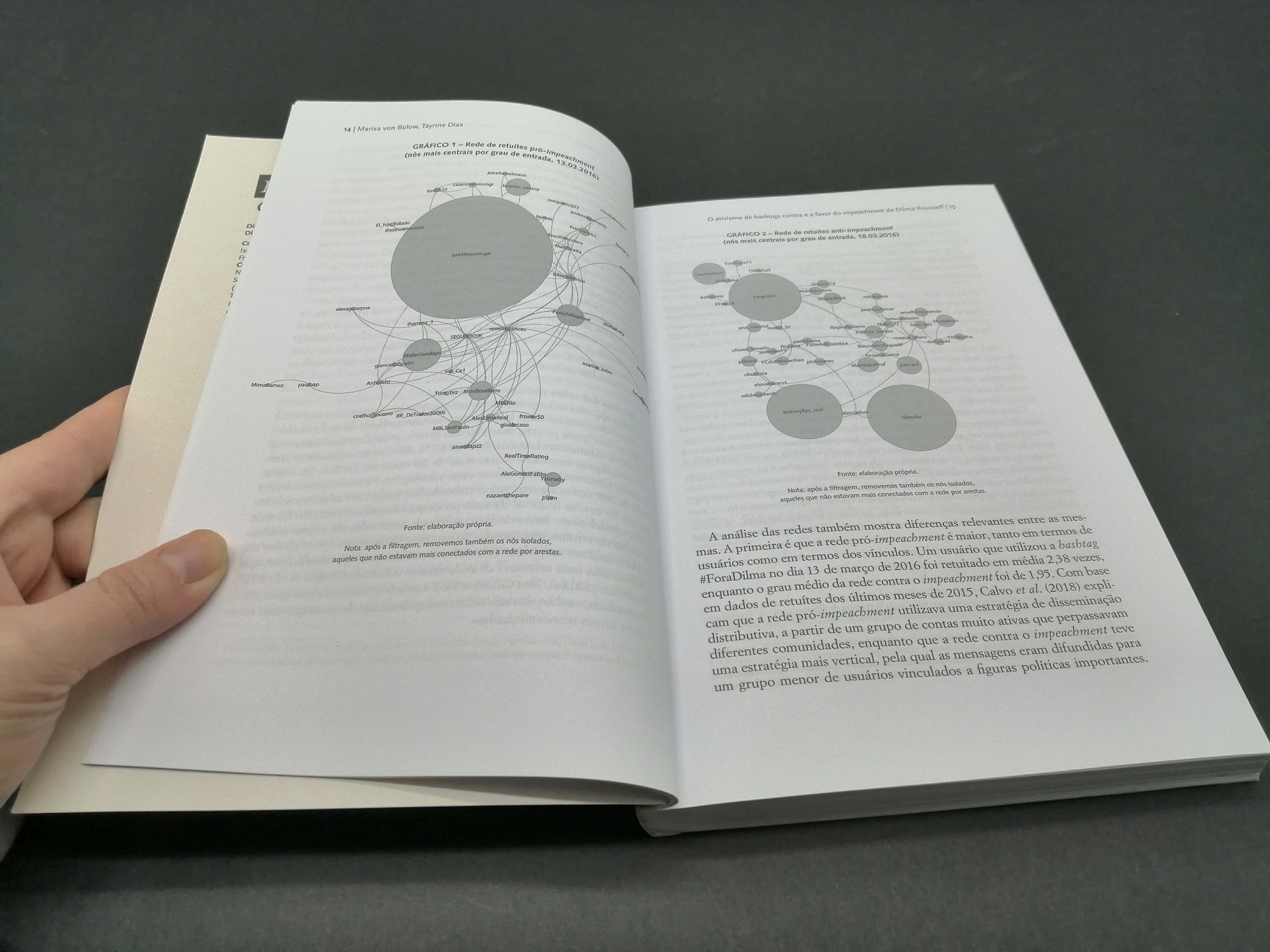 Identity
Identity
Doran Larson explores the American Prison Writing Archive, the largest open source digital repository of writing by prisoners about their experiences. Larson calls it the ‘documentation of the dissolution of identity’. As witnesses to how ‘humanity can fade into mere memory’, the writers ‘struggle with their own unmaking’. ‘Witnesses who document the absorption of the self – effected, feared or merely lamented – into the prison environment peek back from inside the lip of the abyss; those who write from atop that lip throw ropes to pull the others out.’
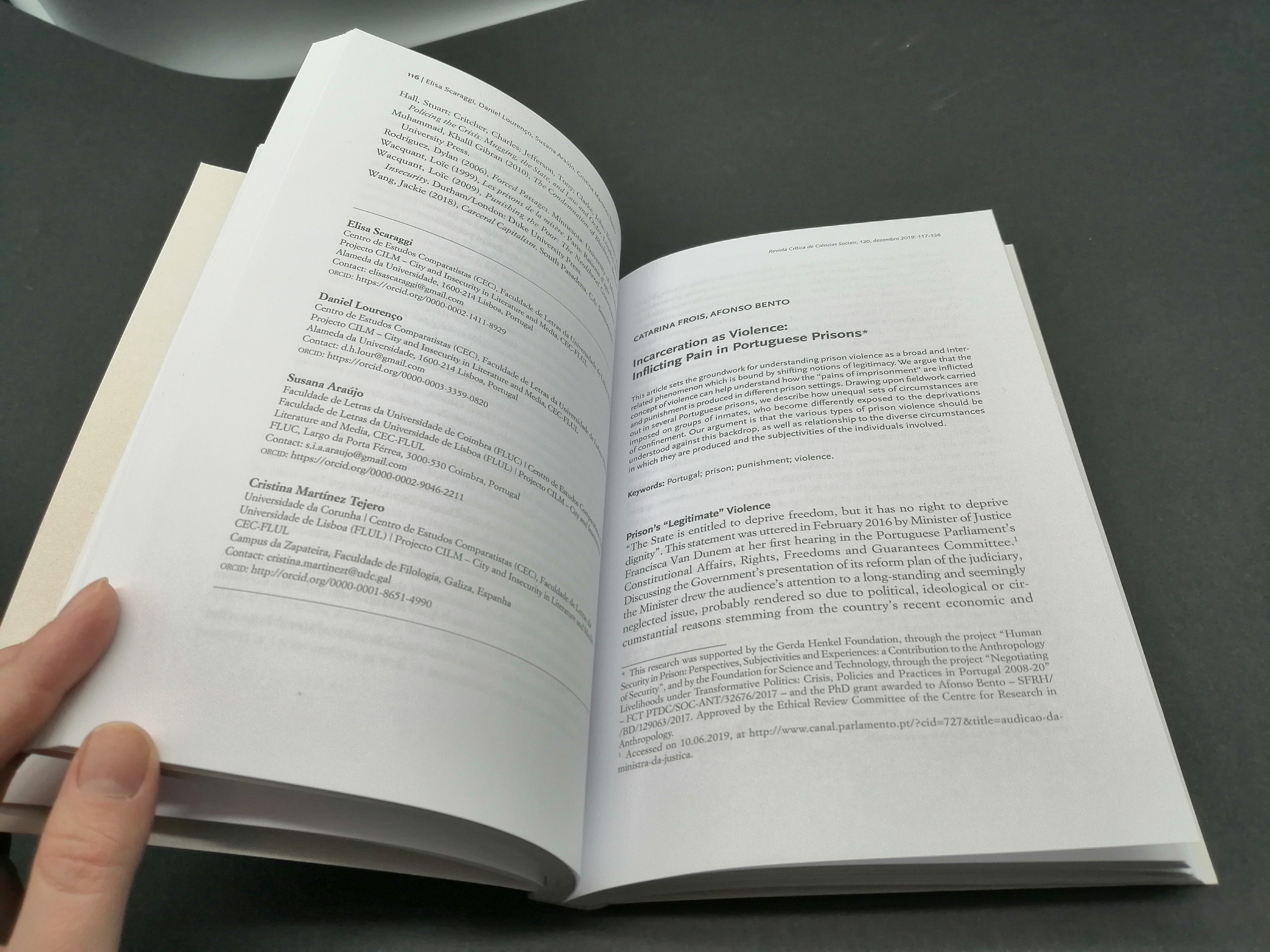 Also: Zakaria Rhani reconstructs the corporeal and spiritual ‘metamorphosis’ of a former inmate of Tazmamart, the notorious Moroccan prison built to hold soldiers accused of participating in the coup against Hassan II in 1972. And Julienne Weegels explores the role of ‘re-education’ in the Nicaraguan prison system, observing how prison theatre acts as a parallel to the everyday violence of life inside.
Also: Zakaria Rhani reconstructs the corporeal and spiritual ‘metamorphosis’ of a former inmate of Tazmamart, the notorious Moroccan prison built to hold soldiers accused of participating in the coup against Hassan II in 1972. And Julienne Weegels explores the role of ‘re-education’ in the Nicaraguan prison system, observing how prison theatre acts as a parallel to the everyday violence of life inside.
More articles from Revista Crítica in Eurozine; Revista Crítica’s website
This article is part of the 1/2020 Eurozine review. Click here to subscribe to our reviews, and you also can subscribe to our newsletter and get the bi-weekly updates about the latest publications and news on partner journals.
Published 27 January 2020
Original in English
First published by Eurozine
© Eurozine
PDF/PRINTNewsletter
Subscribe to know what’s worth thinking about.
Related Articles
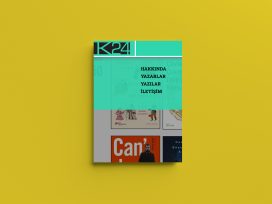
The state unconscious
K24 November–December 2025
Horizons of the Turkish novel; dissident disappointments; communists real and false; the feminine street.
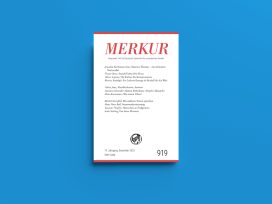
Cosmic Europe
Merkur 12/2025
Leibniz’s Europe; why majority rule is relative; social chromatics off the scale; travels in post-capitalism.

